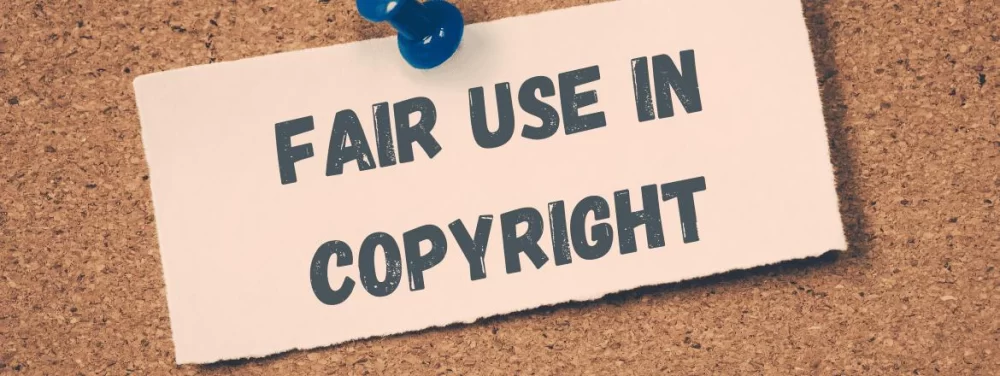
- 1-What-Is-Fair-Use
- 2-The-Four-Factors-of-Fair-Use
- 3-Real-World-Applications-and-Cases
- 4-Common-Misconceptions-About-Fair-Use
- 5-How-ESPLawyers-Can-Assist-With-Fair-Use-Issues
1. What Is Fair Use?
Fair use is a critical doctrine in copyright law that allows limited use of copyrighted material without requiring permission from the rights holder. It serves to balance the interests of creators with the public’s interest in freedom of expression and access to information.
This legal exception applies in contexts such as criticism, commentary, news reporting, education, and research, but determining fair use can be complex and highly fact-specific.
1.1 Purpose and Importance
Understanding fair use empowers content creators, educators, and consumers to navigate copyright law responsibly while fostering creativity and knowledge sharing.
2. The Four Factors of Fair Use
Courts analyze fair use claims by weighing four main factors:
2.1 Purpose and Character of Use
Uses that are transformative—adding new meaning or message—and non-commercial generally favor fair use.
2.2 Nature of the Copyrighted Work
Published, factual works are more likely to support fair use than unpublished or highly creative works.
2.3 Amount and Substantiality
Using smaller, less significant portions of a work leans toward fair use, though even small amounts can weigh against it if they form the “heart” of the work.
2.4 Effect on the Market
If the use negatively impacts the market value of the original, it is less likely to be considered fair use.
3. Real-World Applications and Cases
A notable case involved a documentary filmmaker who used brief clips from copyrighted footage to critique social issues. The court ruled in favor of fair use, highlighting the transformative nature and limited scope of the use.
Conversely, a commercial advertisement that copied substantial parts of a copyrighted song without permission was found infringing, demonstrating limits to fair use protection.
3.1 Lessons from These Cases
These examples illustrate that context, intent, and the specific use all play pivotal roles in fair use determinations.
4. Common Misconceptions About Fair Use
Many believe fair use allows free use of copyrighted material in all cases, which is inaccurate. Fair use is a defense that must be proven and is not a guaranteed right.
Additionally, citing the source or providing credit does not automatically grant fair use status.
5. How ESPLawyers Can Assist With Fair Use Issues
ESPLawyers provides expert guidance on copyright law, helping clients evaluate whether their intended use qualifies as fair use. Their legal team advises on risk mitigation, licensing, and dispute resolution.
With complex fair use cases, having seasoned counsel like ESPLawyers ensures informed decisions and stronger legal protection.








